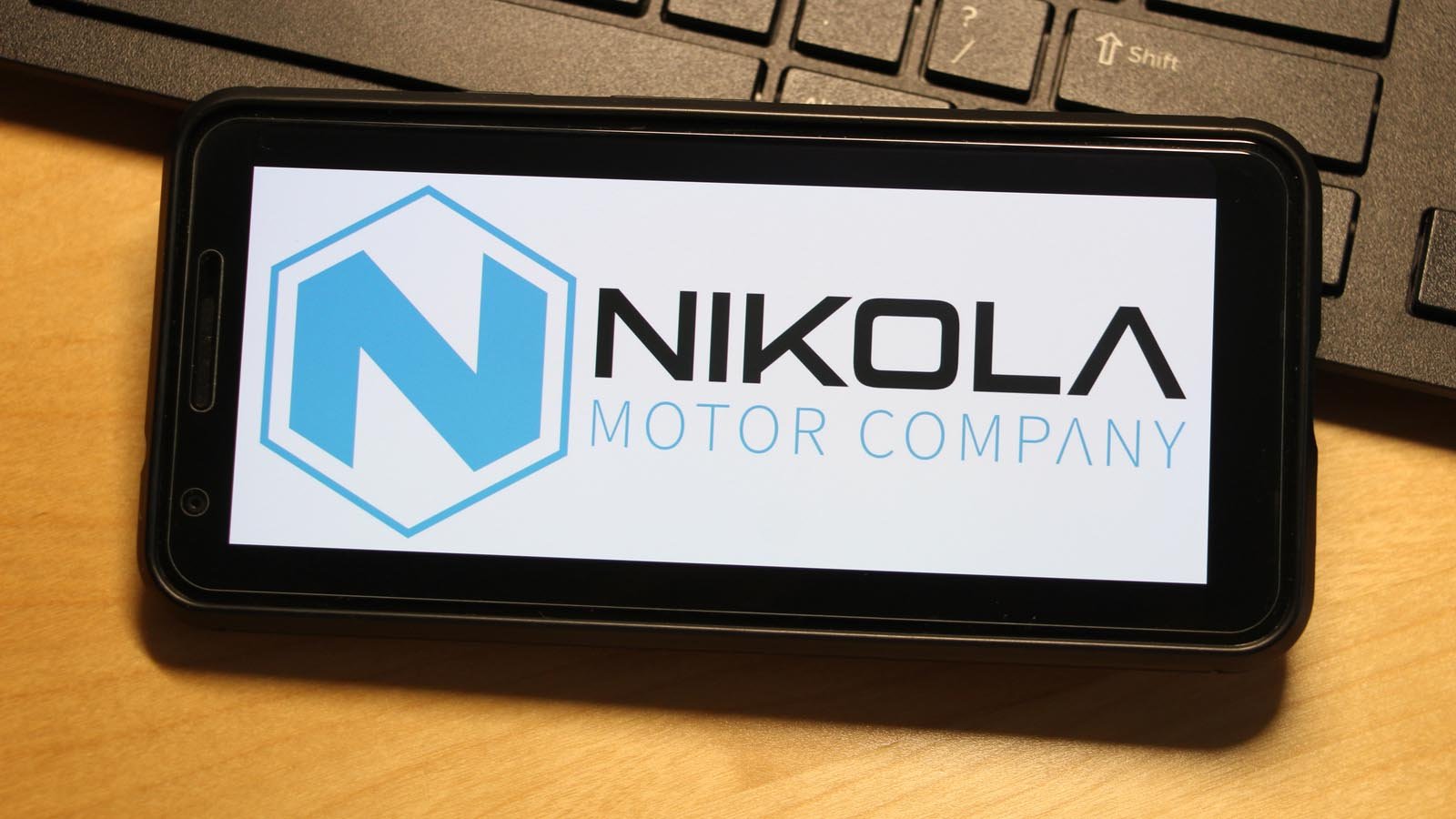The potential of Nikola (NASDAQ:NKLA) is enormous. That’s why investors went crazy for NKLA stock even before it was NKLA, when its merger with SPAC (special purpose acquisition company) VectoIQ hadn’t yet closed.

But potential isn’t enough to keep any stock afloat forever. For NKLA, the plunge has come swiftly. Concerns unearthed by a short seller led to the ouster of founder Trevor Milton and significantly undercut Nikola’s credibility in the public markets.
Evidently, the revelations undercut Nikola’s credibility with partners as well. After announcing a potentially transformative partnership with Nikola, General Motors (NYSE:GM) has significantly pared down the deal. The altered deal itself doesn’t break the case for NKLA stock. But what GM’s decision means for the company is a much bigger problem.
Quite the Rollercoaster Ride
Nikola has seen quite the rollercoaster ride in the nine months since its tie-up with VectoIQ was announced. The merger was agreed to (as is usually the case with SPACs) at a price of $10 per share; in June, the stock briefly cleared $90.
In September, NKLA stock exploded on the news of the GM deal. Two days later, Hindenburg released its report, which included allegations that the Nikola prototype was not actually self-propelled. (Nikola would admit as much, while claiming that it had never actually said that particular truck wasn’t “a pusher,” to use Milton’s term.)
Barely a week later, Milton had resigned. By November, NKLA was back below $20. It briefly joined in a sector-wide rally before falling again on news of the revamped GM deal.
The history is worth covering, simply because so much has happened so quickly. But it’s also worth taking a step back to try and answer the key question: What, exactly, is Nikola right now?
NKLA Stock: Just an Idea
The short answer is: just an idea. Nikola isn’t generating sales yet. Year-to-date revenue is just $95,000, which actually came from installing solar panels at one of Milton’s homes.
Nikola is a startup. That’s not necessarily a bad thing. One of the very real changes in the stock market over the past decade has been the huge amount of early-stage companies available to public investors. That’s a good change, and in fact I offer my Early Stage Investor service precisely because of the opportunities that change has created.
But the early stage nature of Nikola also explains why NKLA stock has been so volatile. And it explains why the GM deal was so important.
After all, it’s not as if the agreement was all that favorable for Nikola. As InvestorPlace contributor Wayne Duggan wrote, it was a better bargain for GM, which received Nikola stock plus a customer for its Ultium battery platform.
The end of the deal, financially, doesn’t change all that much. Nikola is ceasing development of its Badger pickup truck, but the bigger and more logical opportunity here has been in semis anyhow.
The terms of the deal, however, only make GM’s decision now even worse. GM walked away not just from a deal, but from a deal with almost zero risk. What does that say about Nikola’s credibility?
A Lot to Fix
It says a lot — and none of it good. Simply put, Nikola’s good name has been tarnished by not only Milton’s actions, but the company’s response to those actions.
Nikola obviously can build its semis even with the smaller agreement, which will allow the company to use GM’s Hydrotec fuel-cell technology. But it will need big-time customers to actually buy those semis, and that’s where the GM deal causes some concern. If GM is being cautious about getting in too deep with Nikola as a partner, how will major trucking companies respond?
The GM deal also gets to another concern. Again, Nikola’s business is mostly an idea at this point — and not a terribly original one at that. As Chris Bryant of Bloomberg noted in September, “Nikola has comparatively little technology of its own … its strength is in integrating innovations from others,” like GM. Bryant went on to say, correctly, that neither GM nor Nikola could really answer what it was that Nikola was bringing to the partnership.
What Nikola did offer at the time was Milton’s optimism and salesmanship. That’s gone now, and in its place is obvious mistrust.
Given that NKLA stock is down 76% from its highs, investors might argue that the shift is priced in. But those June highs looked even at the time like a bubble, or something close.
Nikola still has a market capitalization of $7.24 billion. That’s a huge amount given the lack of intellectual property and the lack of current revenue. Add in the loss of credibility, and there’s no reason why NKLA stock won’t keep falling.
On the date of publication, neither Matt McCall nor the InvestorPlace Research Staff member primarily responsible for this article held (either directly or indirectly) any positions in the securities mentioned in the article.
Matthew McCall left Wall Street to actually help investors — by getting them into the world’s biggest, most revolutionary trends BEFORE anyone else. Click here to see what Matt has up his sleeve now.
